
Germany’s election result and what it means for Europe
How are the German election results being perceived throughout Europe? And what do they mean for the future of our continent?

How are the German election results being perceived throughout Europe? And what do they mean for the future of our continent?
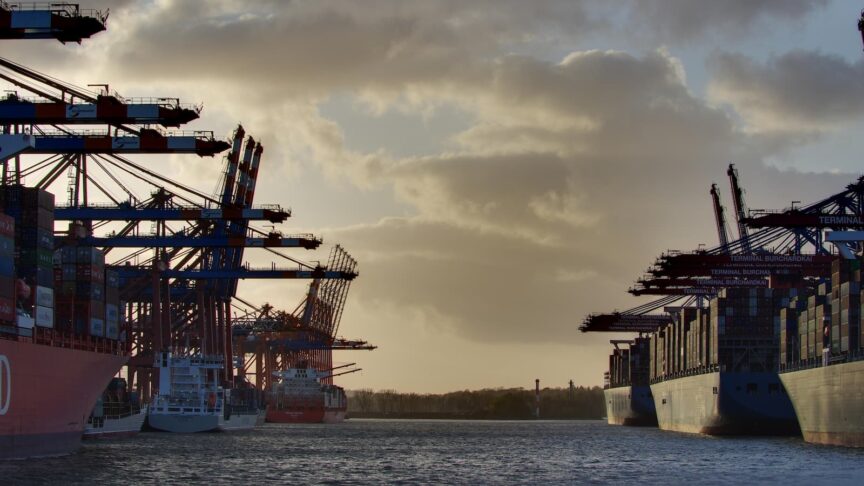
Threats to Germany’s and Europe’s economic sovereignty have won too little attention in the German election campaign. But, soon, policymakers in Berlin will have to take decisive steps to build up Europe’s strength against economic coercion
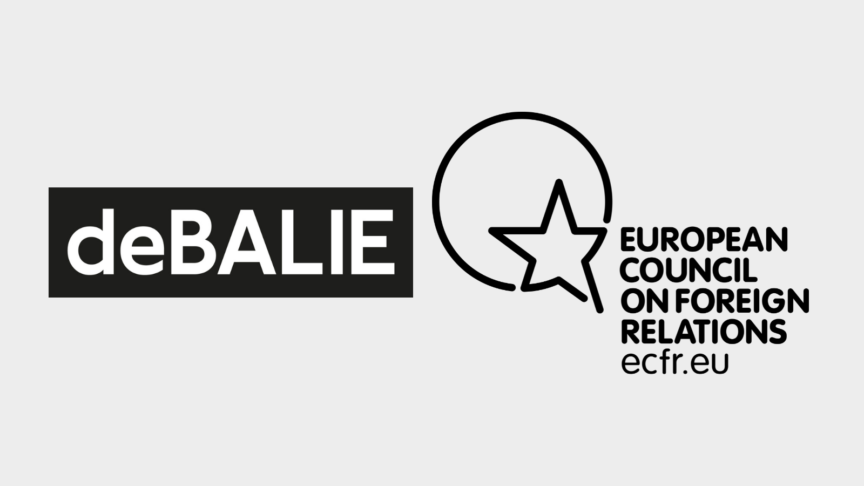
On this night at De Balie we will discuss Germany’s political future and the impact of the election result on European integration and solidarity
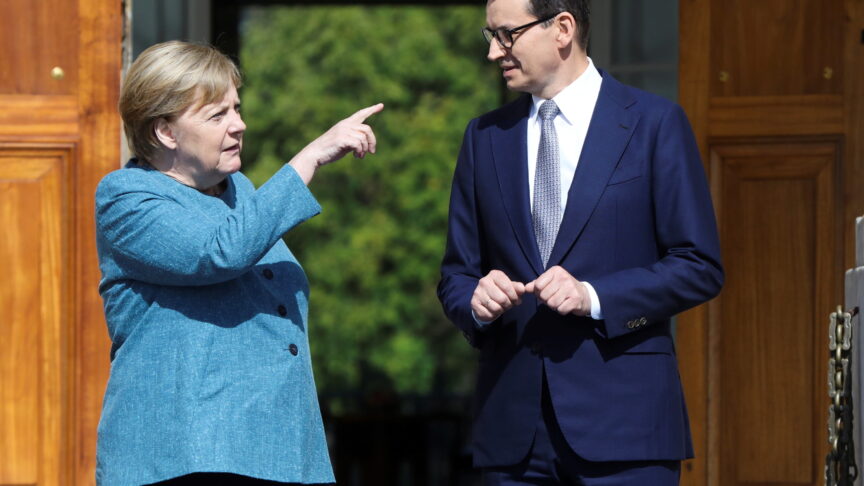
Germany’s election will bring about a new phase in its relationship with Poland, one that is driven less by the still-vivid legacy of the past and more by pragmatism and interests
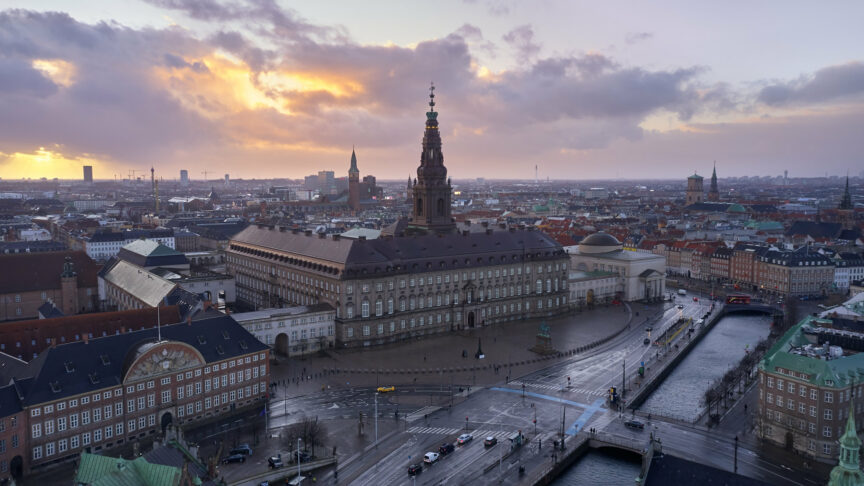
One should not expect members of Europe’s political families to automatically cheer for one another. Copenhagen may find that implementing its European policy will become more difficult if the Social Democratic Party’s Olaf Scholz becomes German chancellor
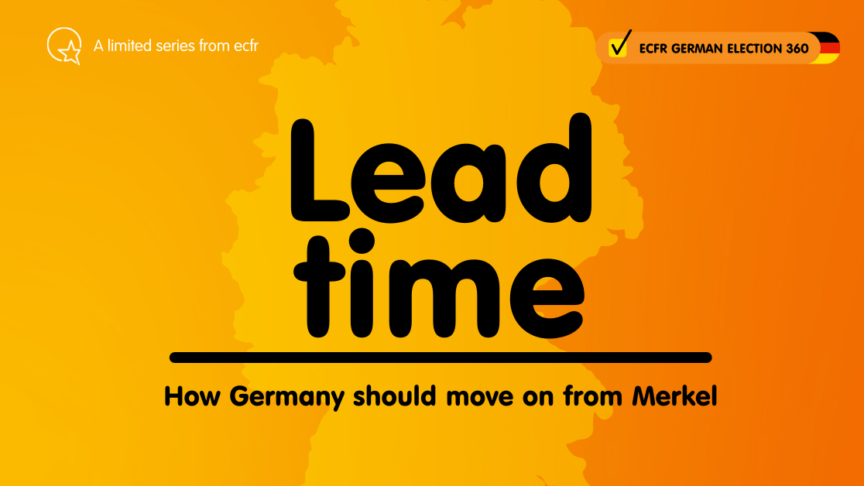
How should the next German government concretely shape its China policy, and its approach to the Indo-Pacific?

Europe must hope that the next government in Berlin will come to the Franco-German relationship with fresh thinking and clear suggestions for how to deal with the democratic deficits in the heart of the EU, as well as the human rights challenges on the union’s southern flank

Zastanowimy się, co era Merkel znaczyła w historii tego kraju i jak dziedzictwo pani kanclerz wpływać będzie na jego dalsze losy

The parties in Germany’s next coalition government could find it hard to bridge their differences on foreign and defence policy
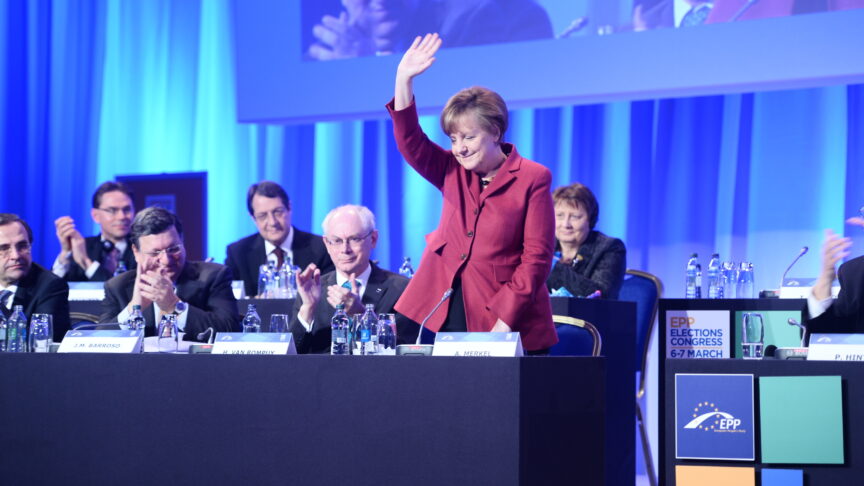
Paradoxically, to fulfil many Europeans’ expectations, Berlin will need to revise the principles of Merkelism that created this trust